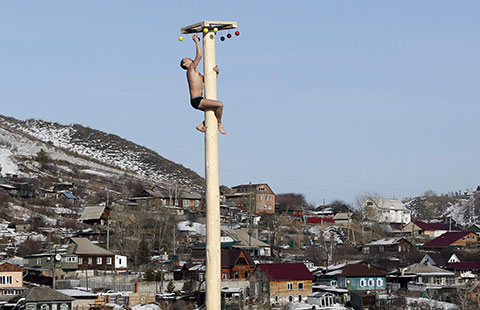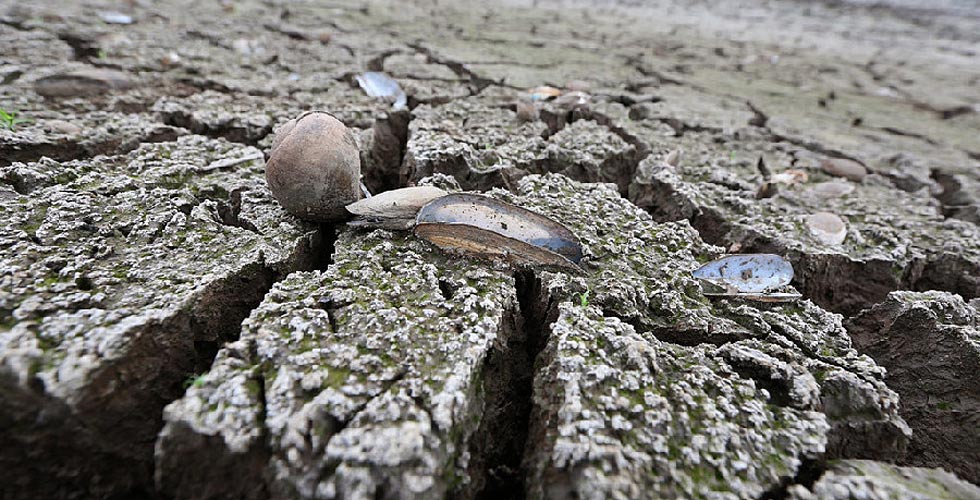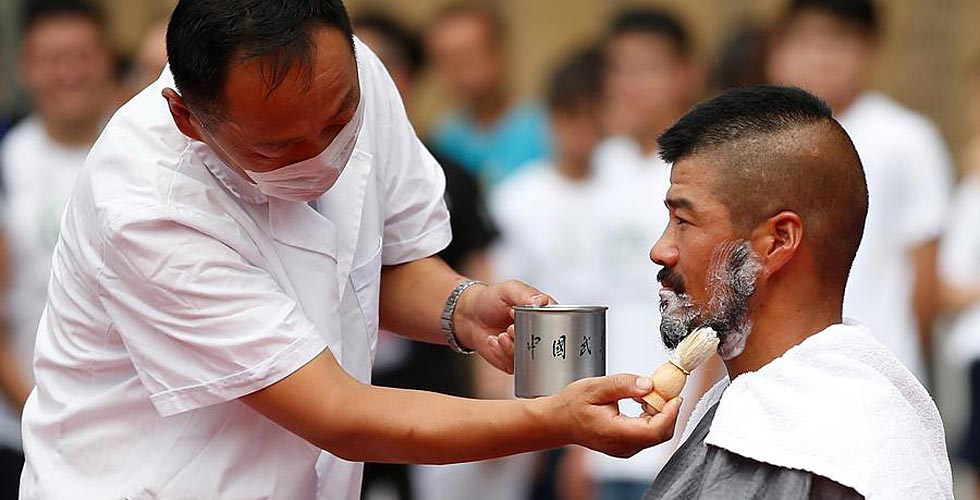Domestic producers get ready for partnership
Updated: 2012-09-25 08:06
(China Daily)
|
|||||||||||
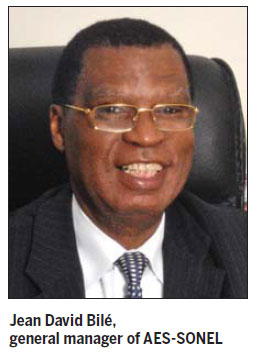
Cameroon counts many ambitious companies eager to integrate into the globalized economy
With long-term sustainable development the leading priority for President Paul Biya, the Cameroon government is actively looking to increase water and energy resources. Among the targets that have been drawn up is an increase in access to drinking water from 35 percent to 60 percent by 2016 and to have 3,000 megawatts of power by 2020.
"Cameroon enjoys a total power production capacity of 1,017 megawatts, including 720 megawatts of hydroelectric power and 297.2 megawatts of thermal power," Basile Atangana Kouna, Minister of Water and Energy, explained.
"What these figures show is that the offer is very limited against the demand that is growing consistently. The government is therefore working to establish a sustainable supply both in terms of production and quality of service, spatial distribution and access to services across the territory. To achieve this, we have drawn up the Development Plan of the Electricity Sector by the year 2030. Investment required for its implementation is estimated at 4 trillion CFA ($7.5 trillion)."
With a network of new gas and hydroelectric power plants earmarked for development across the country, AES-SONEL, the national company for electricity production, transport and distribution, is gearing up for major expansion.
A highly successful partnership between the state and the US-owned AES Corporation, which has a presence in 27 countries worldwide, AES-SONEL has increased electricity production by almost 30 percent in Cameroon since it began operations in 2001, significantly reducing the countrys dependence on hydropower. During that time, it has invested more than 550 billion CFA in Cameroon in both production capacity and infrastructure, and played a key role in opening up the sector to globalization and increasing competitiveness.
As Jean David Bil, General Manager of AES-SONEL, said: "Our growth rate over the last five years has been between 7 and 8 percent. Turnover for 2011 amounted to 222 billion CFA for a balance sheet valued at around 610 billion CFA.
"The sector is growing by more than 7 percent a year, which means a doubling of capacity every 15 years. The demand is enormous. Over the next 10 years, we will need to invest between 2 and 4 billion CFA in the sector. AES-SONEL is therefore keen to provide the necessary support to the government to attract additional private investors."
Camwater, the state water provider, is meanwhile, actively working with international donors to strengthen the water supply in urban areas and create new infrastructure. The company has set up an investment program of around 400 billion CFA and is working on a two-phase project with China to develop the drinking water system in Douala.
"China provides valuable financial assistance and we benefit from their proven expertise in infrastructure," said General Manager Jean-Williams Sollo.
Harvesting growth
Thanks to abundant rain and fertile soils, Cameroon's agricultural producers are well prepared for expansion and development.
"We are fifth in the world in terms of cocoa, and 22nd in terms of coffee, yet we aim to market a high-quality product that will increase substantially in volume", Michael Ndoping, general manager of the National Board of Coffee and Cocoa (ONCC), explained.
Created in 1991 to augment the production of cash crops, regulate exports and ensure international quality standards, ONCC is now promoting Cameroon's new image.
With cocoa the second-largest export after oil, it is vital the precious resource adds as much value to the economy as possible, which means processing the bean at home. "My vision of the cocoa sector is an industry modernized," said Jrme Mvondo of Cocoa Development Company SODECAO.
Palm oil has also proved to be a lucrative resource for Cameroon. One of the largest names in this field, Pamol Plantations Plc manages three estates that produce an annual output of 14,000 tonnes of palm oil, 1.5 million seeds, 1,200 tonnes of palm kernels, 1,400 tonnes of laundry soap and 520 tonnes of rubber.
In April, the company launched a program to extend the existing plantations and replant trees, and hopes to attract international investment to bring the endeavor to fruition.
General Manager Obi-Okpun Wanobi Osang said th project will go a long way to alleviating rural poverty. "Land has already been acquired for the new plantations and we have replanted palms on 1,500 hectares. We expect it to create around 3,000 direct jobs and up to 15,000 indirect jobs by completion," he said. "The market is very promising. We don't have enough palm oil to satisfy the local demand, so during the rehabilitation process, we will contribute our quota and reduce the imports that affect our balance of payments. Pamol Plantations is a very profitable business with bright prospects and expectations both in the local and international markets.
"Abroad, the emphasis on biofuels underscores the high demand, so foreign companies are interested in investing here. We have the necessary wealth of experience and the economic requisites, so we call on them to join us."
Another flagship company, Camlait is the country's leading dairy producer. Thanks to a mass diversification strategy, Camlait boasts 15 percent annual growth and a 50 percent market share on fresh products.
"Cameroon is a dynamic country with many companies eager to integrate internationally," said CEO Paulin Landry Toukam Zuko.
"Camlait wishes to benefit from market opportunities to become a major player in the sub-region and needs partners to support this vision. Our expertise is not negligible and can interest foreign companies. We also have a good knowledge of the African market, and flexibility."
(China Daily 09/25/2012 page17)
Hot Topics
We present some of the most striking images from major stories around the world in the past week.
Editor's Picks

|
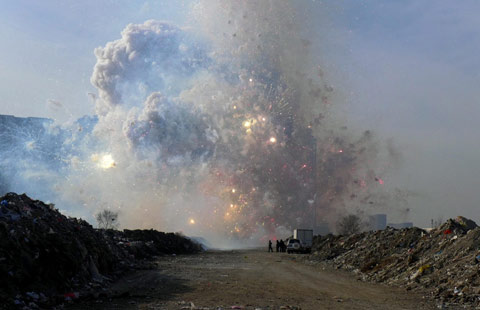
|

|

|

|

|


